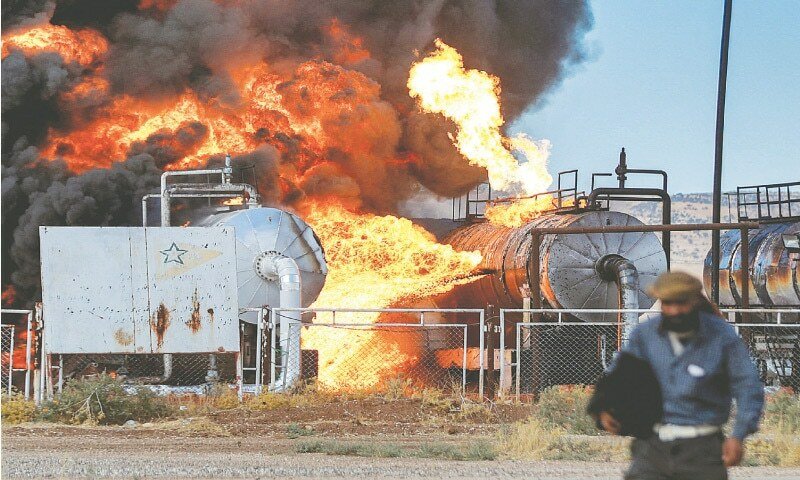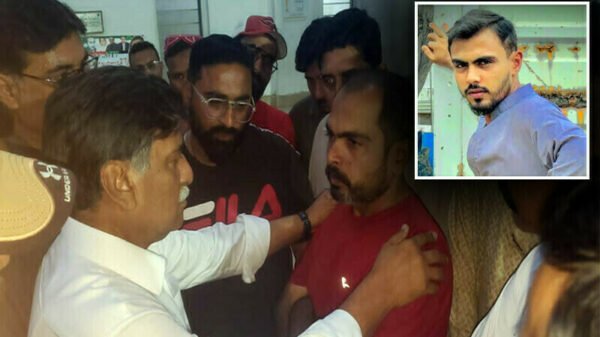The Trump administration is under intense scrutiny after a leading investigative journalist was mistakenly added to a private Signal group chat where senior U.S. officials discussed classified military plans targeting Yemen’s Houthi rebels.
The bombshell revelation, published by The Atlantic, has ignited a political firestorm, with bipartisan calls for an urgent investigation into what is being described as one of the most severe intelligence breaches in recent years.
Accidental Leak of Military Plans
Jeffrey Goldberg, The Atlantic’s editor-in-chief, reported that on March 13, he was inadvertently included in a Signal chat titled “Houthi PC small group.” The group allegedly comprised high-ranking members of President Donald Trump’s national security team, including Vice President JD Vance, Secretary of Defense Pete Hegseth, CIA Director John Ratcliffe, and National Security Adviser Mike Waltz.
Goldberg revealed that within the chat, officials openly discussed highly sensitive military details, including weapons deployment, target locations, and the timing of planned U.S. airstrikes against the Houthis. Initially, he suspected the messages were part of a hoax. However, two days later, on March 15, U.S. airstrikes hit the Yemeni capital, Sanaa, confirming the authenticity of the discussions he had witnessed.
A Houthi spokesperson claimed that at least 53 people were killed in the attacks, though the U.S. has yet to confirm these figures.
Security experts warn that such a breach could have had devastating consequences if the information had reached adversaries. The fact that classified military strategy was being discussed in a non-secure chat accessible to an outsider has raised serious concerns about operational security and the safeguarding of sensitive intelligence.
Political Uproar and Congressional Probe
The revelation has sparked outrage among Democratic lawmakers and concern among some Republicans.
“This is one of the most shocking breaches of military intelligence in modern history,” said Senate Democratic Leader Chuck Schumer, urging an immediate congressional investigation.
Republican Senator Roger Wicker, chairman of the Senate Armed Services Committee, confirmed that a probe would be launched, stating, “This is a serious issue. Clearly, mistakes were made.”
In contrast, the White House sought to downplay the controversy. Press Secretary Karoline Leavitt stated that President Trump “continues to have full confidence in his national security team,” while emphasizing the success of the military operation. However, when asked directly about the leak, Trump appeared unaware of the situation.
As investigations begin, the incident raises troubling questions about cybersecurity lapses within the highest levels of the U.S. government—and whether national security protocols were ignored in a moment of carelessness.










